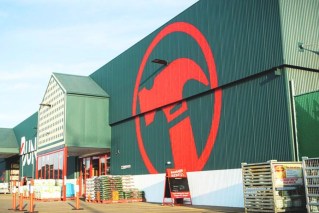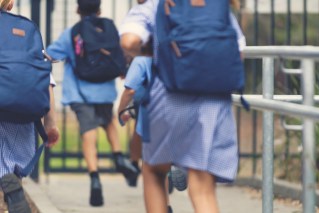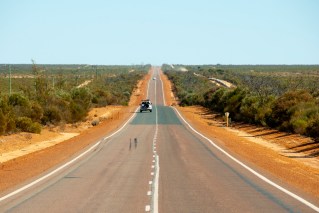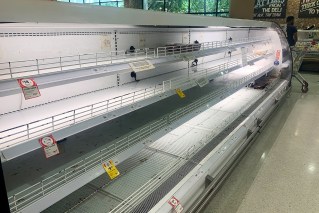Shark shields safer than drum lines: Labor
· Sharks mauled on WA drum lines
· RSPCA denounces WA shark kill policy
· Tributes flow for surfer
· Shark cull petition goes to premier
Shark shields used by the navy and police divers can reduce attacks without harming the animals and are safer than the West Australian government’s controversial drum line approach, the opposition says.
The device, which can currently only be used by people 12 years and older, emits an electric field that repels sharks but does not physically harm them.
Labor says up to 30,000 shark shields are sold globally every year and there is no record of anyone wearing one being killed by a shark.
Shark shields can cost up to $600 each, but Opposition Leader Mark McGowan said they were more effective than drum lines, which he said had only created hysteria, killed smaller sharks and cost taxpayers millions of dollars.
“They’re like a seatbelt in a car. They don’t absolutely make you safe, but they make the situation better,” he told reporters on Sunday.
Mr McGowan said grants could be offered for surf life saving clubs to lease shark shields and subsidies could be provided to surfers, divers and others at risk to purchase shark shields.
Tour guide Elyse Frankcom, who was attacked by a 3.5m great white shark in 2010 while snorkelling among dolphins with tourists, believes a shark shield saved her life.
The shark bit down on Ms Frankcom’s legs, but she managed to activate the device before passing out as a tourist went to her aid.
“Despite blood being in the water, despite an attack already, the shark was not seen once the shark shield was on,” she said.
“I do definitely believe that this shield saved my life.”
Mr McGowan commended the state government for launching a $200,000 research program to perhaps install the devices on surfboards, but said it was still some time off and more immediate action was needed.
Under the new shark kill policy, bull, tiger and great white sharks longer than three metres that are caught within one kilometre of parts of the WA coast are being shot dead and discarded at sea.
There has been no official report yet into how many sharks have been caught, but it is thought to be more than 50, with seven killed.








